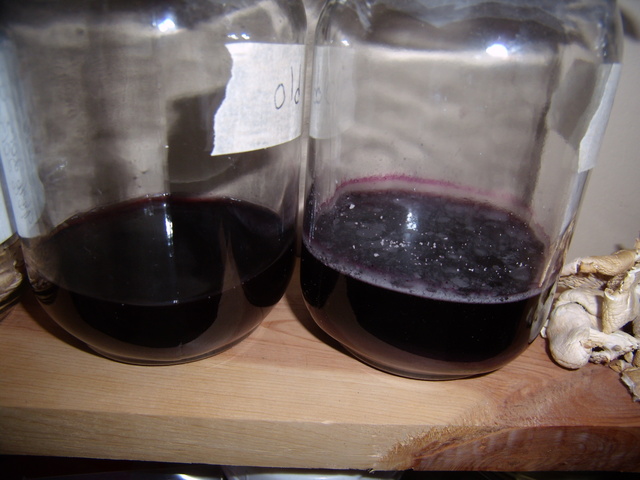
 7
7




 7
7




I'm only 65! That's not to old to learn to be a permie, right?
 5
5




Jane Mulberry wrote:Wow, what an interesting inheritance! I wonder if perhaps the type of wine your aunt used is an issue, some wines have a lot of sulphites etc used as preservatives which might affect the fermentation. Also, during winter, a low temperature could slow down the fermentation meaning the vinegar seems less "vinegary".
I'm pretty sure if the vinegar was not okay to consume you would notice -- it would smell or taste off. The serious nasties that don't necessarily affect the taste or smell like botulism shouldn't be able to grow in vinegar or in an open bottle. They need a low acid, low oxygen environment. If you are concerned, boiling the vinegar for ten minutes before consuming it should be enough to make it safe for most people apart from young babies or anyone with very low immunity.

 6
6





 3
3




Joseph Lofthouse wrote:Mother requires air in order to convert wine to vinegar. Did the rag, or way it's applied change recently?
I would think that routine maintenance of the culture would involve removing most of the mother from the jug from time to time.
 4
4




I'm only 65! That's not to old to learn to be a permie, right?
 4
4




 2
2




Invasive plants are Earth's way of insisting we notice her medicines. Stephen Herrod Buhner
Everyone learns what works by learning what doesn't work. Stephen Herrod Buhner
 6
6





|
Eat that pie! EAT IT! Now read this tiny ad. READ IT!
Our PIE page has been updated, anybody wanna test?
https://permies.com/t/369340/PIE-page-updated-wanna-test
|




